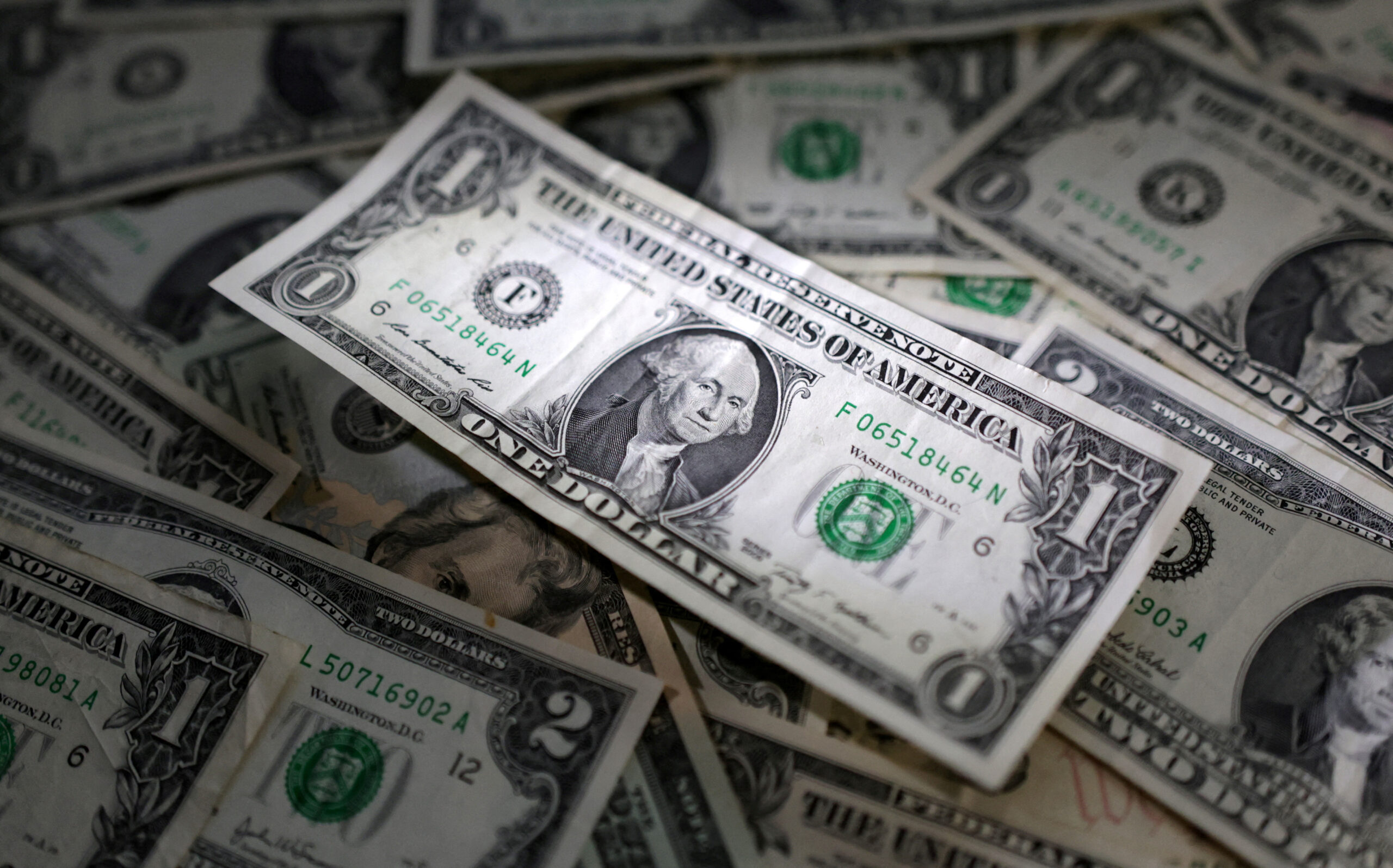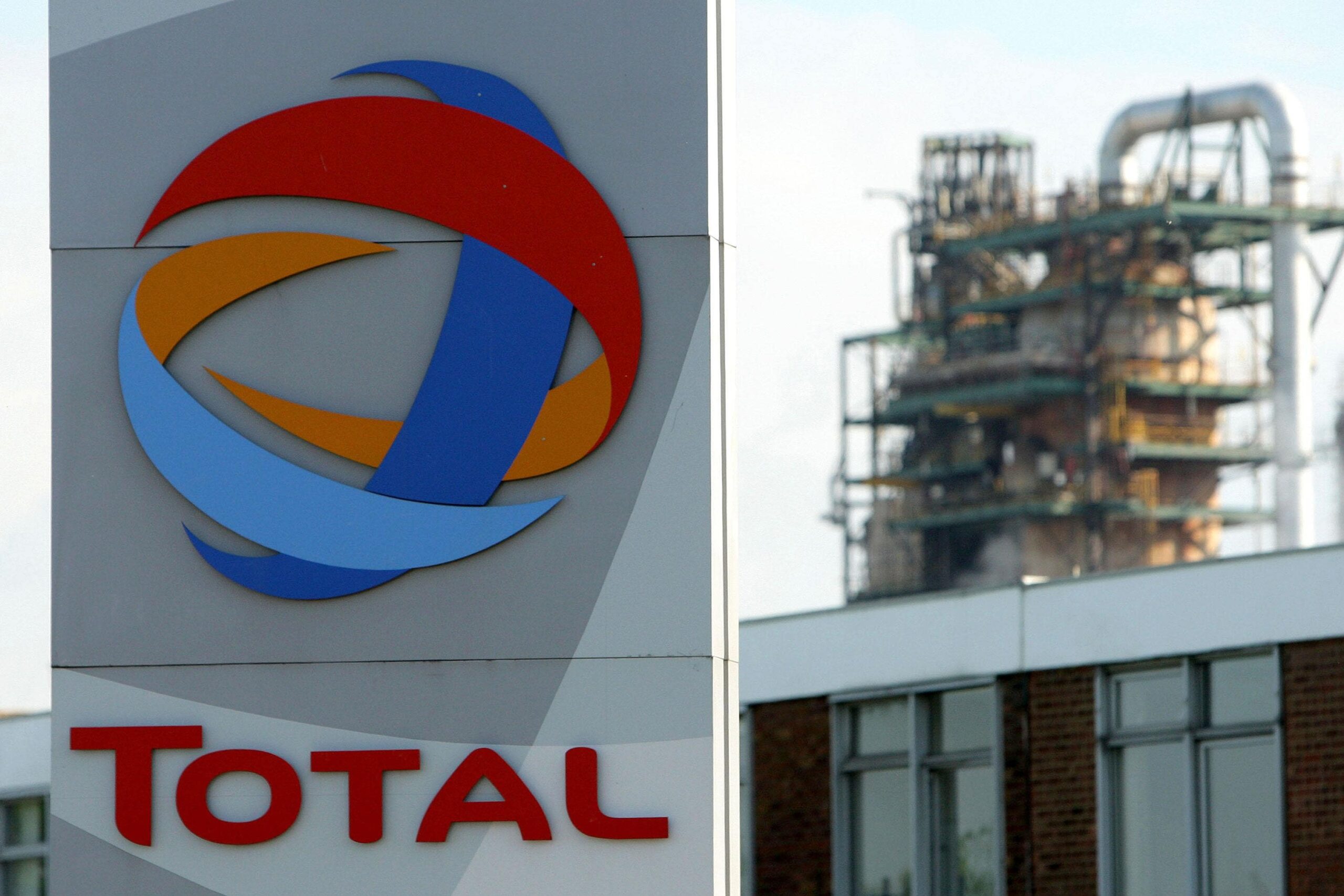Wall Street stocks advanced on Wednesday as investors grew more confident the White House would reach a deal with Congress to avoid a government default.
Wall Street’s benchmark S&P 500 closed 1.2 per cent higher on Wednesday, driven by gains in the financial and energy sectors, while the tech-heavy Nasdaq Composite rose 1.3 per cent.
The KBW regional banking index gained 7.3 per cent, with lender Western Alliance surging 10.2 per cent after reporting late on Tuesday deposit growth in the current quarter.
US president Joe Biden on Wednesday said he was “confident” about reaching a budget agreement with Congress to avoid a default on US debt, and left the door open to meeting a central Republican demand of adding work requirements to social safety net programmes.
Treasury secretary Janet Yellen has warned the US could default on its debt as early as next month, with the issue prompting Biden to cut short his forthcoming overseas trip.
“If we look at the broader picture, equities are not priced for a devastating scenario. Ultimately, markets expect a resolution to happen,” said Georgios Leontaris, chief investment officer for Europe, Middle East and Africa at HSBC Global Private Banking.
Government bonds steadied from the previous sessions, with the yield on interest rate-sensitive two-year Treasury notes rising 0.08 percentage points to 4.15 per cent. The yield on the benchmark 10-year note rose 0.03 percentage points to 3.58 per cent. Bond yields rise when prices fall.
Yields on the shortest-term bills that mature next month — at about the date the government could run out of money — earlier this week hit their highest levels since before the 2008 financial crisis. The yield on the one-month Treasury bond was down 0.16 percentage points to 5.38 per cent on Wednesday.
One-year credit default swaps, a closely watched measure of US default risk, fell 10.6 per cent to 154 basis points, after having reached their highest point since 2009 at the end of last month.
The dollar index, which tracks the currency against a basket of six peers, gained 0.3 per cent to its highest level since late March as investors looked to haven assets.
“Certain parts of the market are pricing in a bigger risk than others,” noted Leontaris.
Elsewhere, Target shares increased 2.6 per cent after the company reported that it exceeded earnings forecasts for the first three months of its fiscal year.
However, the Minneapolis-based retailer warned of soft sales in its second quarter and set guidance below Wall Street’s expectations. That near-term outlook echoed other trends in the retail sector, after home improvement retailer Home Depot on Tuesday warned its profits would fall below expectations this year and the Census Bureau reported US retail sales grew less than forecast in April.
Data released on Wednesday showed an uptick in US housing starts, which rose 2.2 per cent to an annualised rate of 1.4mn units.
“Mortgage rates remain elevated, but home builders have found success with rate buy-downs, price discounts and other incentives,” Wells Fargo analysts wrote.
European stocks were subdued, with the region-wide Stoxx 600 falling 0.2 per cent, FTSE 100 down 0.4 per cent, and France’s CAC 40 ending the day down 0.1 per cent.
Traders digested the release of the eurozone’s final harmonised index of consumer prices for April, which posted a slight increase in the annual rate to 7 per cent, up from 6.9 per cent in March.
Core inflation, which excludes food and energy costs, dipped 0.1 percentage points to 5.6 per cent.
The European Central Bank slowed the pace of its rate increases this month, raising its deposit rate by a quarter of a percentage point to 3.25 per cent, but said it had more ground to cover.
In Asia, China’s CSI 300 shed 0.5 per cent and Hong Kong’s Hang Seng index fell 2.1 per cent.
Japan’s Topix was the outlier, rising 0.3 per cent, following stronger than expected gross domestic product figures.
International oil benchmark Brent crude rose 2.7 per cent to $76.96 a barrel, while US equivalent West Texas Intermediate added 2.8 per cent to $72.83 a barrel.
US stocks advance as debt ceiling concerns ease



